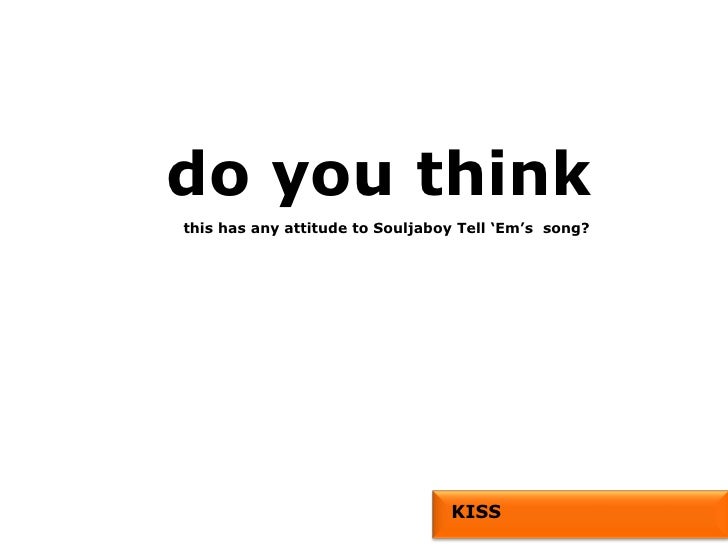
“An excellent exercise for explaining to kids that love is boundless is using the analogy of a candle flame, which burns brightly… even after it has been used to light another candle-and another, and another, and another,” she says-just make sure you use big enough candles that they don’t burn down during the exercise. She recommends parents ease this fear with a practical demonstration. “One concern of children about love is that there is a limited supply, and therefore that someone else - their sibling, usually - might get more than they do,” warns Elisabeth Stitt, a parenting coach. When I surprise your mom by making dinner or putting the laundry away when it’s not my turn to do these things, those are some of the little things I do to show mom how much I love her.’” This definition starts to show some of love’s complexities: sometimes it means doing things you’d rather not do, but love makes them worthwhile. “‘When I gave you that big hug, I was doing something to show you how much I love you. “Go on to say, ‘Love is also all the things we do to show how much we care about one another,’” Dolan-Del Vecchio says. It’s the way people behave towards each other every day - something you should be sure to include in your explanation. You can tell them that those are some of the special feelings that we have when we feel loved and when we love other people.” “They may say they feel about feeling good or happy inside. “Give your child a hug and ask, ‘How do you feel right now?’” he recommends. That means linking your explanation to real, physical experiences.

“With little kids, it’s really helpful to try to help them experience what you’re talking about,” offers Ken Dolan-Del Vecchio, a family therapist, author, and former Vice President, Health and Wellness at Prudential Financial. “You have to use simple explanations like ‘It would make you sick if you ate too much chocolate and you wouldn’t be healthy and grow.’” He cautions parents against telling their children anything such answers as, “it would make you fat,” as this could lead to unhealthy relationships with food. “Children often respond with: why don’t you let them do what they want like eat chocolate for dinner, if you love them?” Carroll says. Particularly savvy youngsters might try to poke holes in your explanation - a great opportunity to explain why love doesn’t always make sense right away. “It means you want the best for them and will make sacrifices for them.” “I’d say love is caring as much about someone as you do about yourself,” he suggests. “Love is when you really care about someone or something,” Carroll suggests as an opener, “so you try very hard to take care of them and keep them safe, just like how mommy and daddy take care of you and keep you safe.”Īdam Grant, an author, organizational psychologist, and father of three, echoes Carroll’s advice. Start with what your child knows best: you. “The key is to use words and concrete examples they can understand and to recognize that the child’s model for love is how you treat them,” explains Scott Carroll, a child psychiatrist and physician.
The advice to keep it simple stupid suggests how to#
Here’s some advice on how to describe love, sweet love, in a way that your kids will understand.Īs is the case with explaining anything to a child, simplicity reigns supreme.

And it’s good to know what the things you say and hear mean, even if said things have an assumed meaning and concept that people have been trying to explain since loud grunts were our preferred method of speaking. If you’re Shakespeare it’s a smoke made with the fume of sighs, and also blind, and like a child, and looks with the mind, and is a madness most discreet, and that it’s too young to know what conscience is, and that if music is the food of it, then play on! Okay, so maybe it’s not so easy after all.īut it’s a question that will inevitably spill from the mouth of a curious child so, no matter how difficult, it’s worth trying to explain Because, to a child, “I love you” is one of the most common phrases they hear and say.

What is love? Easy: if you’re Haddaway, the answer is baby don’t hurt me.


 0 kommentar(er)
0 kommentar(er)
